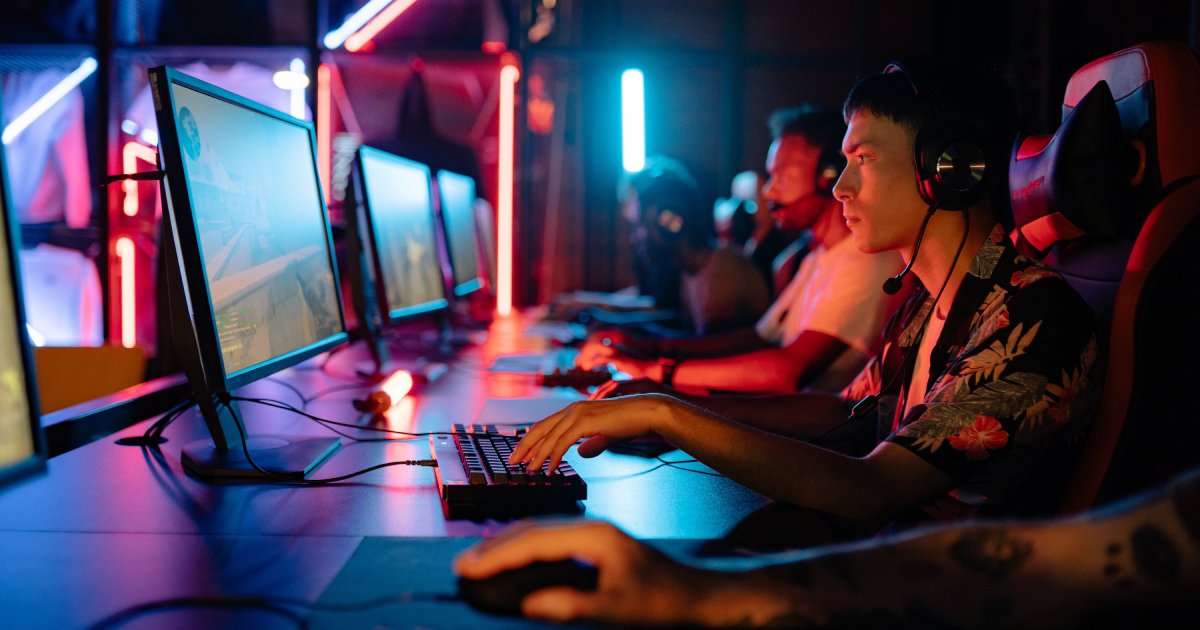eSports Leagues Look for a New Way to Score in Licensing

By Maura Regan
As the ranks of professional eSports leagues have thinned, so too have the opportunities for licensing.
The hope for galvanizing support for local teams from fans and retailers hasn’t materialized, cutting into the potential for licensed merchandise. This effort has been exacerbated by the fact that, unlike other professional leagues, many of the top eSports players are brands unto themselves rather than working to support a team or league brand.
“There are millions of gamers out there that love watching the best in the world play games,” an eSports licensing executive said. “But the challenge for the leagues was connecting a game’s fan base with a local team as opposed to just watching the best players in the world. There was a lot of sponsorship and media dollars in the beginning, but it didn’t really translate into sales of licensed products. There just wasn’t that deep connection in local markets with specific teams versus the brand and game.”
That’s not to say some pro eSports leagues like League of Legends, Counter-Strike: Global Offensive, and Dota 2 and organizers like Germany-based ESL Gaming, which is represented by Beanstalk for licensing, haven’t seen success. The National Basketball Association’s joint venture Take-Two International’s NBA 2K eSports League also has expanded with international teams. But the majority of revenue has, thus far, been through sponsorships and media rights. When it comes to licensed merchandise, it is a harder sell. And that, along with expensive franchise fees and other costs, forced some leagues to shut down.
Activision Blizzard Entertainment’s Overwatch League, which was once seen as leading the way for licensing, shuttered last year (although the affiliate Call of Duty League continues operations). Both leagues have struggled with “headwinds,” according to Activision. And licensed apparel supplier Outerstuff, which once had licensing deals with Misfits Gaming and the Call of Duty League, has ended its eSports business.
On the ownership level, the Kraft Group—headed by New England Patriots owner Robert Kraft—once spent lavishly on eSports, including an 18,000-square-foot complex for the Overwatch League’s Boston Uprising. But it has since scaled back the business. Kroenke Sports & Entertainment ramped up its eSports business three years ago, launching a team in Riot Games’ Valorant League to go with those in the Overwatch and Call of Duty leagues. But two years later Kroenke laid off the majority of its eSport division.
Where eSports has connected, in some cases, is at the collegiate and high school levels. That has been largely through sponsorships and media rights for the eSports Collegiate Conference and the annual 64-team eSports Collegiate Commissioner’s Cup in May.
McDonald’s is the $850,000 title sponsor at the Commissioner’s Cup this year with a portion of the money given to the tournament’s Top 15 players in terms of followers. Microsoft and Apple were also tournament sponsors. But merchandise sales, largely of Cup-related items and some school products, were around $50,000 in 2023. That is expected to increase to $75,000-$100,000 this year, said Michael Schreck, CEO and Co-Founder of Collegiate Sports Management Group, which runs the Commissioner’s Cup. Among the teams competing in the tournament are Northwood University, Bay State College and Michigan State University.
The Cup-related merchandise is produced by eSports Foundry, which is an investor in Collegiate Sports Management. Each of the schools in the tournament gets a share of the profits and the Commissioner’s Cup added a high school tournament last year that is run by Generation Esports, which also is an investor in College Sports Management.
“At the college level it still falls under the university jurisdiction and therefore we are not only trying to elevate the players but also the whole program in and around the university,” Schreck said. “It is more team-oriented than individual players. The players want money in their own pockets [via Name, Image, and Likeness licensing], but this is really driven by the schools.”




